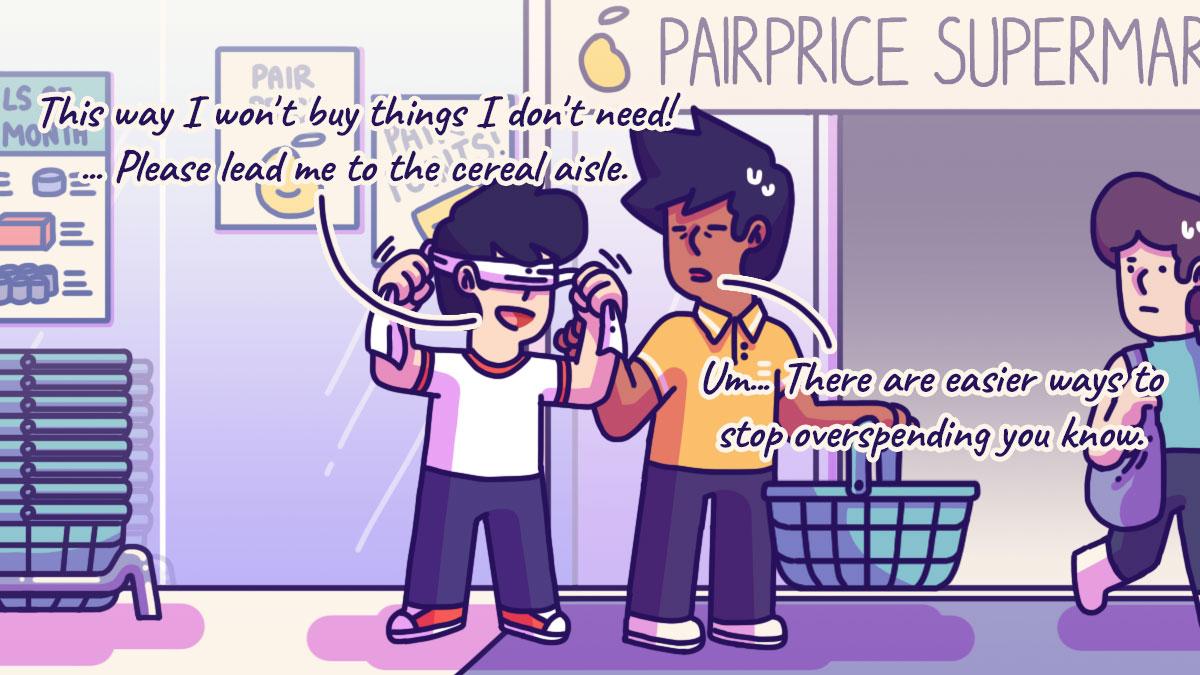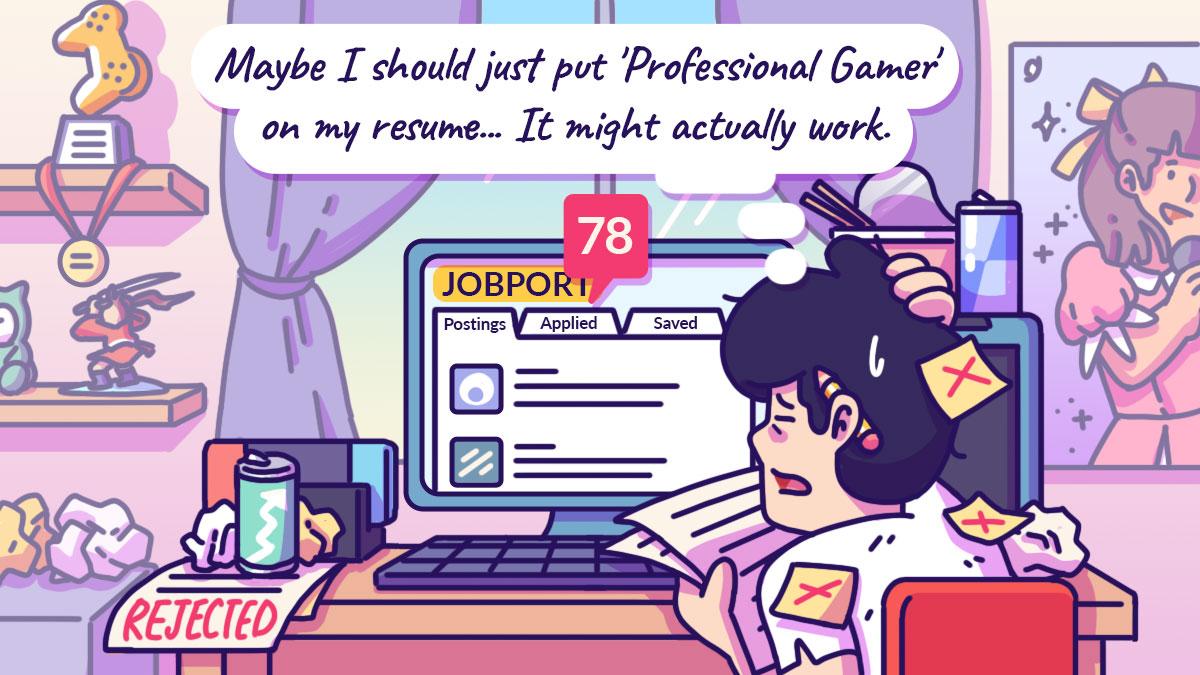Remember when your parents told you to stop playing games and focus on your studies so you could get a real job? Well now you can say your gaming job can be real, with the rise of credible esports careers!
Video games have been evolving rapidly over the years, led by a blossoming community of passionate gamers.
In Southeast Asia, the gaming market is reportedly worth US$5 billion (S$6.9 billion) and backed by 270 million gamers. Although relatively new, the industry continues to grow with more gaming companies and esports hubs mushrooming throughout the region.
What was once a hobby is now a thriving industry, creating a surge of job opportunities for people who share the same passion. With the existence of streamers and professional gamers, a career in the esports industry is no longer a dream but a reality.
However, there are factors that you need to consider before diving headfirst into this industry. Although it is currently thriving, esports is still a relatively new field with its share of uncertainties and challenges. So, let us walk you through the pros and cons of starting a career in the esports industry.
Game on! Why is this career amazing?
1. You get flexible work hours
Since game tournaments take place at various times throughout the year, roles such as journalists and casters are typically only busy during tournament seasons. These tournaments can last for months, followed by tentative breaks between each season.
2. It’s growing non-stop
Furthermore, according to the SEA-6 Market Model Report published by Niko Partners, Inc., the Southeast Asian video games market has generated a revenue of $5.1 billion in 2023, which marked an 8.8% increase compared to 2024. It is expected to continue its growth of at least 8% year-over-year, reaching a projected $7.1 billion in 2028.
3. It’s a global thing
Also, since gaming is inherently online, streaming contracts and game collaborations are not limited by place of residence. Its borderless nature gives everyone the freedom to work with global esports companies with ease. Pro gamers also get the chance to travel whenever they attend international tournaments!
4. You don’t need to be excellent in the games
For those interested in media, roles like esports journalist, caster, videographer, and producer are all great options.
If you enjoy strategizing, you could explore roles in public relations, analysis, coaching, or recruitment.
The wide range of careers available is what makes this industry so promising! It's a growing field dedicated to serving and shaping the global gaming community.
Some areas of lack in the esports industry
1. Money doesn’t always come in
Unlike traditional jobs, most of the roles in the esports industry are based on short- term or seasonal contracts. Therefore, many of the players and staff are not contract guaranteed renewals and face the risk of job continuity. The gaming industry is also known to have a high turnover rate of 22.6%, which is well above the average of 12%-20%.
As for streamers, consistent sponsorships are a main source of their revenue. However, if their viewership takes a toll or they are involved in any controversy, they can quickly face the challenges of retaining their sponsors.
2. Your work-life balance may suffer
During tournament seasons, many roles are expected to be present at all times to ensure the event runs smoothly. They often have to work long hours or during the weekends, as most competitions are held on those days. Although there is usually at least a month-long break after each season, the demanding schedule can significantly impact one’s work-life balance.
Moreover, professional gamers poured a lot of their time into practicing and scrims, which demand intense focus and energy. Streamers also follow a different schedule than the typical working class, as most of them stream in the evening or at night when their audience is off work.
3. It may still be too niche for everyone
The gaming industry has seen many improvements and growth over time, but the industry may still appear niche compared to other industries.
Transitioning from gaming to another field can be challenging, as certain roles, such as professional gamers, casters, or game analysts, may not offer easily transferable skills.
Networking also works differently in the esports industry, where many opportunities come through connections or recommendations. That’s why it’s important to know how to market yourself effectively in this field.
4. Only the best, can win
Playing video games may be fun, but being a professional gamer is, however, the opposite. Esports is a highly competitive, skill-driven field, and organisations will not hesitate to let go of players who fail to meet performance standards. So, many pro players devote most of their time to honing their skills with fear of being dismissed or benched.
Moreover, roles such as casters and hosts are limited, making the competition for these positions especially fierce.
Working in the esports industry may be your dream but remember to think twice! Although it is an enticing field that is backed by a passionate community, its fair share of challenges should not be overlooked.











